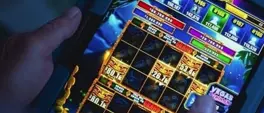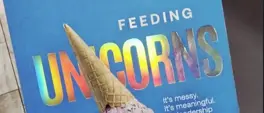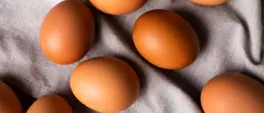Former principal warns against toxic achievement culture
Chante Ho Hip
19 November 2025 | 7:27Let kids be kids! Former principal Mandy Herold warns against the harms of pushing children to achieve, and how this culture is causing burnout.

© rawpixel/123rf.com
Toxic achievement culture is the societal belief that a person’s self-worth is directly connected to their performance and accomplishments.
It is an environment where academic, athletic, or artistic performance becomes the primary measure of worth for adults and children.
Herold says this culture can manifest when families operate like ‘performance centres’, with children’s schedules fully packed with extracurricular activities and tutoring, leaving little time for rest.
RELATED: LISTEN: How parents' behaviour shapes their children’s future – 'Children learn what they see'
“Parents see their children’s performance or lack thereof as a direct reflection on them and their identity, how they are showing up,” she says.
This environment, often fueled by pressure from parents, schools, and social media, can cause excessive stress, anxiety, and a decline in mental and physical well-being as individuals prioritise accolades over genuine growth.
Herold advocates for a growth mindset approach, where value is placed on the learning journey rather than just the outcomes.
It prioritises the pursuit of personal growth and excellence by setting realistic standards and being motivated by self-improvement rather than a fear of failure.
RELATED: The Teen Junction Podcast: You don’t have to be the perfect parent
“It’s about making sure that the adults don’t judge themselves by what their children are achieving right now and just acknowledge the journey. These children, whose brains are still growing, you don’t want your child to peak when they are at the end of grade seven. They have got the rest of their lives,” she concludes.
To listen to Herold in conversation with CapeTalk’s Pippa Hudson, click below:
Get the whole picture 💡
Take a look at the topic timeline for all related articles.
















